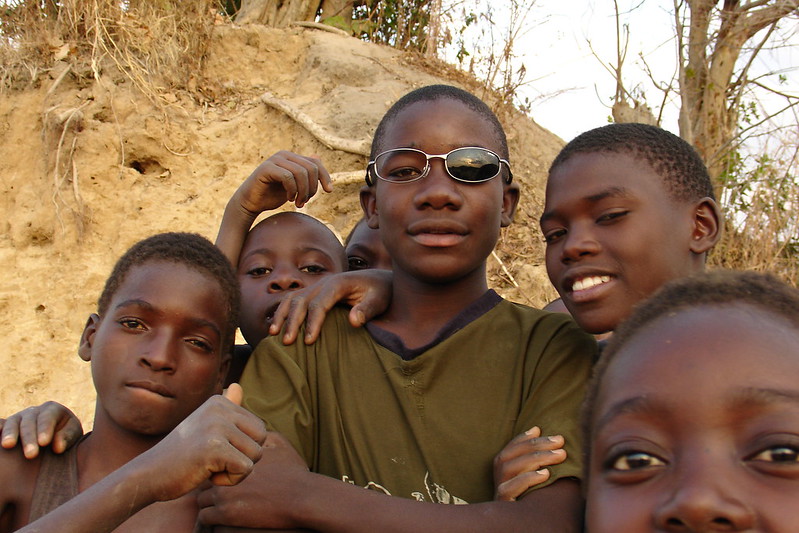Changemaker: Fighting for Refugee Children in Zambia
 Zambia is a landlocked country located in southern Africa. Due to its unique geography, Zambia hosts approximately 105,000 refugees predominantly from bordering countries such as Burundi, the Democratic Republic of Congo (DRC) and former Rwandan and Angolan colonies. Many of these refugees and asylum seekers live in three main refugee settlements in Meheba, Mayukwayukwa and Mantapala, with some residing in Lusaka, the capital city.
Zambia is a landlocked country located in southern Africa. Due to its unique geography, Zambia hosts approximately 105,000 refugees predominantly from bordering countries such as Burundi, the Democratic Republic of Congo (DRC) and former Rwandan and Angolan colonies. Many of these refugees and asylum seekers live in three main refugee settlements in Meheba, Mayukwayukwa and Mantapala, with some residing in Lusaka, the capital city.
The Experience of Refugee Children in Zambia
The nature of being a refugee or asylum seeker involves plenty of travel. As such, many organizations, including the United Nations Children’s Fund (UNICEF), have identified many violations of basic human rights during this process. In particular, refugee children seem to be dramatically affected by the process of claiming asylum. Challenging discrimination against refugee children in Zambia is one of the key case studies in UNICEF’s research on the issue. Others range from child marriage, child labor and gender-based violence.
A New Approach by UNICEF
To tackle these issues, UNICEF Zambia decided to organize what it calls a “Changemaker Workshop” in Lusaka. These workshops are designed to foster inclusion with refugee children in Zambia to directly address the unique problems they face daily, as well as canvassing for solutions.
The initiative involved 20 children aged 13 to 19 who shared their personal experiences as refugees living in Zambia. They were encouraged to highlight adversities faced while navigating the asylum process, detailing instances of discrimination and the challenges of living as orphans or being raised in child-headed households, typically led by an older sibling. As a UNICEF Changemaker, these refugee children can actively participate and consult on issues that directly affect them. Furthermore, they can provide better information to charitable organizations like UNICEF to develop a better outcome for them.
The Impact of the UNICEF Changemaker Program
As a direct result of this initiative, UNICEF has compiled valuable feedback from the participants. Many have proposed practical solutions to various challenges they face, including:
- Access to clean water and sanitation.
- Encouraging the refugee community to adopt reuse, reduce and recycle practices.
- The creation of more learning opportunities in the program.
- Establishing additional youth groups focused on teaching skills like writing, reading and organized sporting activities.
- Ensuring key information such as paper processing, environmental protection, reporting security issues and access to clean hygiene and sanitation services are presented in a way that can be understood by refugee children.
UNICEF Zambia says that these workshops enable a greater level of participation from refugee children in Zambia in a meaningful way. Consequently, the organization is expanding this initiative by collaborating with partners to establish additional safe spaces for children. This aims to amplify the voices of more adolescent refugees, fostering a platform where their perspectives are heard and solutions are envisaged.
– Domenico Palermo
Photo: Flickr
